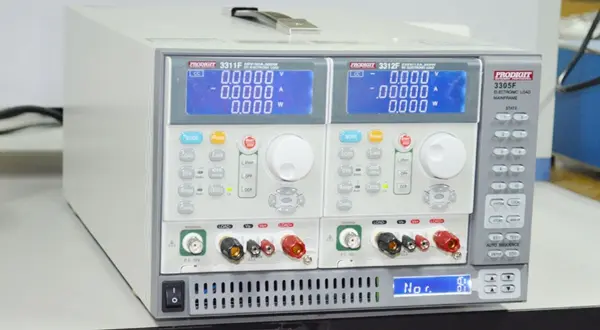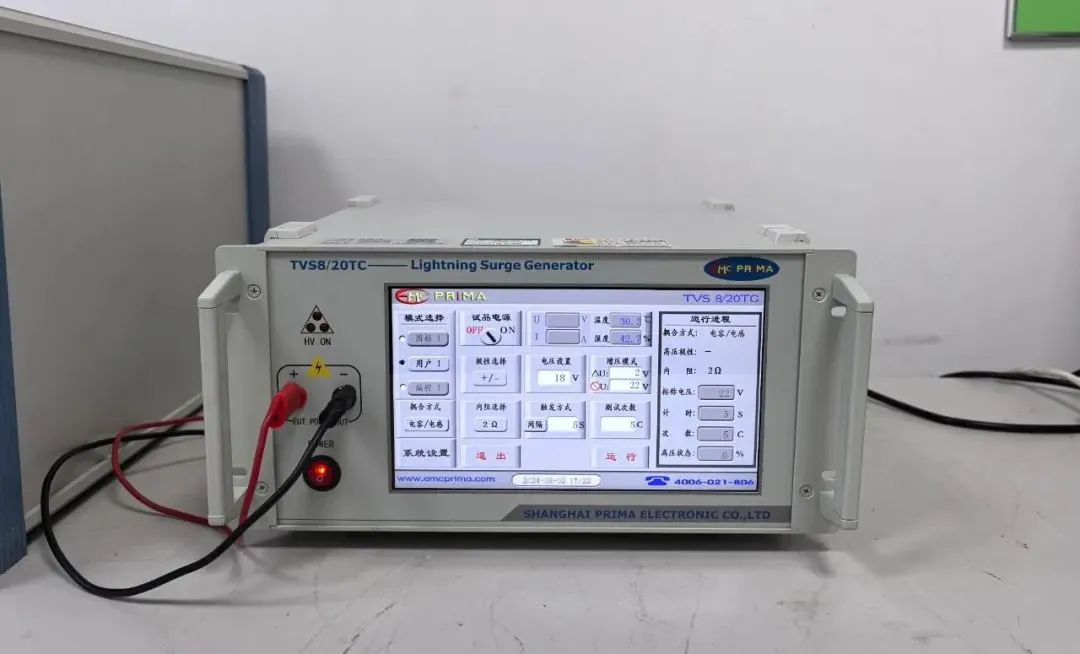
When Is SAR Testing Required
What is SAR?
SAR, or Specific Absorption Rate, measures the rate at which electromagnetic energy is absorbed by human body tissues when exposed to radio frequency (RF) electromagnetic fields. It is typically expressed in watts per kilogram (W/kg) or milliwatts per gram (mW/g). When the body is exposed to external RF fields, an induced field is generated internally, causing currents to flow through body tissues—leading to energy absorption and dissipation. sar testing quantifies this process to evaluate whether a device is safe in terms of electromagnetic radiation exposure.
What is sar testing?
SAR testing is the process of measuring the electromagnetic radiation emitted by wireless devices—such as mobile phones, tablets, data cards, and walkie-talkies—during typical usage. The main goal is to ensure these devices do not harm human health while providing communication functionality. SAR testing yields concrete data and refers to well-defined safety standards.
SAR Limits and Standards Around the World
Different countries and regions follow specific SAR standards. Here are some examples:
- European Union: Follows EN 50360, en 62311, EN 50566, EN 62209-1, and EN 62209-2. The SAR limit is 2.0 W/kg, averaged over 10 grams of tissue for 6 minutes.
- United States & India: Follow ANSI C95.1, IEEE 1528, FCC regULations (47 CFR 2.1093), and FCC OET Bulletins. The SAR limit is 1.6 W/kg, averaged over 1 gram of tissue for 6 minutes.
- Canada: Uses IEEE 1528, RSS-102, and IEC 62209-1/-2. The SAR limit is also 1.6 W/kg over 1 gram for 6 minutes.
- Australia & New Zealand: Apply AS/NZS 2772.2, with a limit of 2.0 W/kg over 10 grams for 6 minutes.
- Japan: Standard is ARIB STD-T56, with a SAR limit of 2.0 W/kg over 10 grams for 6 minutes.
- Indonesia: Regulation No. 177 of 2024 sets the SAR limit at 2.0 W/kg over 10 grams for 6 minutes.
- South Korea: Applies IEEE 1528, RSS-102, IEC 62209-1/-2, with the same 2.0 W/kg limit over 10 grams.
- Taiwan (China): Uses CNS 1495, also at 2.0 W/kg over 10 grams for 6 minutes.
- Mainland China: Standards include GB 21288, YD/T 1644.1, and YD/T 1644.2. The SAR limit is 2.0 W/kg over 10 grams for 6 minutes.
Note: Among these, the U.S. and North American standards are generally stricter due to the lower averaging mass (1 gram).
How Is SAR Testing Conducted?
SAR testing systems include a simulated human body model, measurement instruments, sensors (probes), and a robotic arm, all set up in a shielded testing room. The human model is filled with a liquid that simulates the electromagnetic properties of body tissue. The probe moves freely within the model to take measurements, and the SAR value is calculated using standardized equations.
SAR Testing Services Are Provided by China JJR Laboratory
If you need this in a more visual or promotional format (e.g. for slides, website layout, or brochure), let me know and I can help format it further!
Email:hello@jjrlab.com
Write your message here and send it to us
 What is IEC 62052 for Electrical Energy Measuring
What is IEC 62052 for Electrical Energy Measuring
 Australia LoRa Band 915-928 MHz RCM Compliance
Australia LoRa Band 915-928 MHz RCM Compliance
 What Are the Compliance Certifications for VHF Pro
What Are the Compliance Certifications for VHF Pro
 Which Products Require WERCS Registration?
Which Products Require WERCS Registration?
 Dustproof and Waterproof Ratings IP 54 / IP65 / IP
Dustproof and Waterproof Ratings IP 54 / IP65 / IP
 SAR Standard Testing under the EU CE-RED Directive
SAR Standard Testing under the EU CE-RED Directive
 Differences Between the Three EU Directives: LVD,
Differences Between the Three EU Directives: LVD,
 How to get CE Marking Certification?
How to get CE Marking Certification?
Leave us a message
24-hour online customer service at any time to respond, so that you worry!




